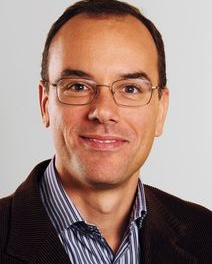
Seminario Theory-Experimental
Luis Santos Pinto (with M. Dell’Era)
Université de Lausanne
23-Nov-2015
Seminar 3 – 14:30
We extend Lucas (1978) general equilibrium model of firm formation by allowing for a fraction λ of the workforce to endogenously form beliefs of entrepreneurial ability according to the optimal expectations framework of Brunnermeier and Parker (2005). The remaining 1-λ fraction of the workforce is assumed to have rational expectations of entrepreneurial ability. We show that individuals with optimal expectations choose to be optimists about their entrepreneurial ability. We derive he competitive optimal expectations equilibrium and show that it has four key features. First, the lowest ability entrepreneurs are less talented at running a firm than the highest ability workers. Second, when the fraction of individuals with optimal expectations is neither too high nor too low, the majority of entrepreneurs are optimists and the majority of workers are realists. Third, an increase in the fraction of individuals who are optimists about their entrepreneurial ability does not necessarily lead to an increase in the number of entrepreneurs. Fourth, an increase in the fraction of individuals with optimal expectations raises the wage paid to workers, lowers the material payoffs of entrepreneurship, and lowers welfare.

 English
English Valencià
Valencià